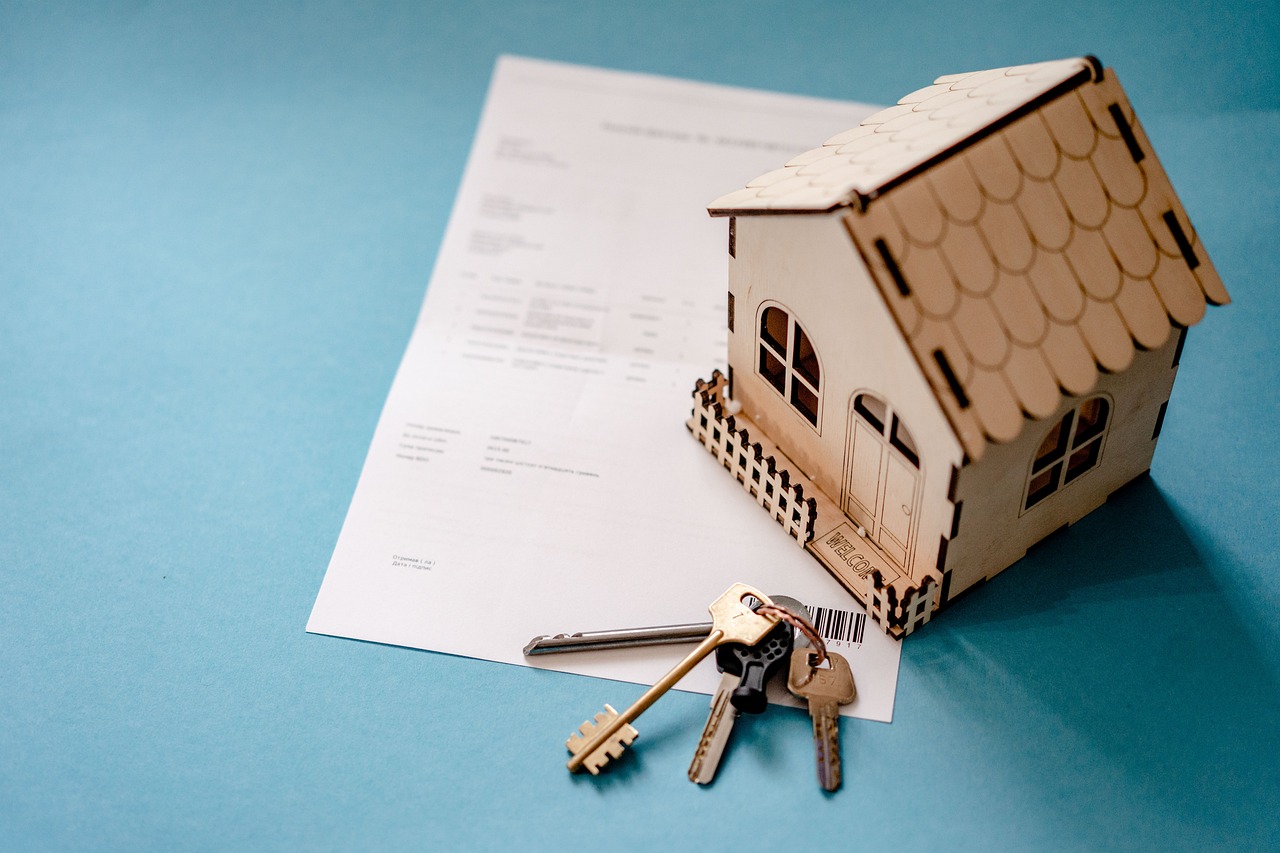How to Become a Real Estate Broker: 3 Steps to Take and 3 Mistakes to Avoid
Being a successful real estate broker often leads to impressive earnings, autonomy in your work life, and the satisfaction of sealing those all-important deals. Plus, you have the opportunity to build a respected business and create significant value for yourself and others.
But let’s not sugarcoat it – ascending to broker status is no cakewalk. Being a successful broker requires hard work, dedication, strategy, and in-depth knowledge of the local economic and legal landscape (among others).
Don’t worry, though – once you figure out how things work, it’s easier to stay in the game. To help you make sense of this intricate world, we put together three dos and three don’ts that’ll guide your steps and clear the path.
3 Steps to Take
Hit the Books
Real estate is not just about selling and buying property. The field requires mastery over complex concepts such as legal procedures, negotiation techniques, ethical practices, etc. This is why you are required to take and pass quite a challenging exam before you can call yourself a broker.
Plus, as a real estate broker, you’re also an entrepreneur, and this is a step that requires additional preparation (especially if you haven’t been in this position before).
To start, choose your education provider with care. Nowadays, it’s a lot more convenient to choose an online class, but make sure to select an institution with solid accreditation and a course that touches all the nuanced subjects, including property law and market analysis.
Moreover, make sure the course you’re taking will qualify you in your state. For instance, if you want to practice in New York, you need top-notch real estate education designed for the laws and rules of the state of New York. The legal environment differs in other states, so if you want to change locations, you must get re-certified.
Build Your Experience
To become a broker, you first must show your skills as a real estate agent. Depending on the state where you want to practice, you may need one to three years of active real estate salesperson experience.
In New York, you must have at least two years of full-time experience as a licensed real estate salesperson or three years in the real estate field in a role such as property management. Additionally, you need to show evidence of a substantial transaction track record.
Now, don’t treat this time lightly – agent tenure equips you with a practical understanding of market dynamics and client relations, surpassing theoretical knowledge. It’s where the nuances of negotiation, marketing strategies, and problem-solving in real-life scenarios become second nature.
You’ll also learn the importance of networking in the real estate industry. Forge connections with mentors, peers, and industry specialists to cultivate a rich network that will be invaluable when navigating brokerage challenges.
Nail the Broker Exam
Once you complete your studies and have the necessary work experience, you can enroll for the broker exam. Make sure to check the conditions for your state and study the structure of the exam.
Keep in mind that learning for this exam is no easy feat, especially if you have a job and other responsibilities. Still, with the right methods and good time management, you shouldn’t have any major difficulties in nailing the best scores.
3 Mistakes to Avoid
Skipping the Homework on Your State’s Rules
As we’ve already mentioned, every state brandishes its own set of rules and requirements that outline everything from educational prerequisites and experience to the finer points of application procedures.
So, make sure to do your homework before you start preparing for the exam. Scour through your state’s real estate commission website, obtain current literature, and attend relevant informational sessions. Also, consider contacting seasoned brokers, as they can offer extremely valuable insight into navigating the local legal landscape.
Underestimating the Costs
From educational fees for your required courses to exam fees and from application charges to post-licensing education, each step carries its own price tag.
Also, don’t overlook the additional costs that often escape initial budgets, like materials for courses, possible retake fees if you don’t pass the exam on the first go, and membership dues for various real estate associations.
Moreover, once licensed, there are costs associated with establishing and maintaining your brokerage, like insurance, office space rental or purchase, marketing to drum up clientele, and continued professional development.
Failing to Adapt to Market Swings
The world of real estate is inherently dynamic, and brokers must be able to adjust to stay competitive. Those who don’t adapt to these fluctuations risk becoming obsolete. Therefore, it’s essential to cultivate a flexible business strategy that can withstand economic headwinds and capitalize on opportunities.
To do so, make sure you’re always up to date with market knowledge. Keep an eye on local and national trends, interest rate shifts, and demographic changes. Also, use the power of technology by using data analytics for informed decision-making that keeps up with current demands.
Wrap Up
Stepping into the role of a real estate broker might seem like navigating through a foggy market landscape at first – full of unknowns and complexities that would intimidate even the most seasoned professionals. But just like many challenging endeavors, it becomes more manageable as you tread further down the path. So, take it one step at a time.











